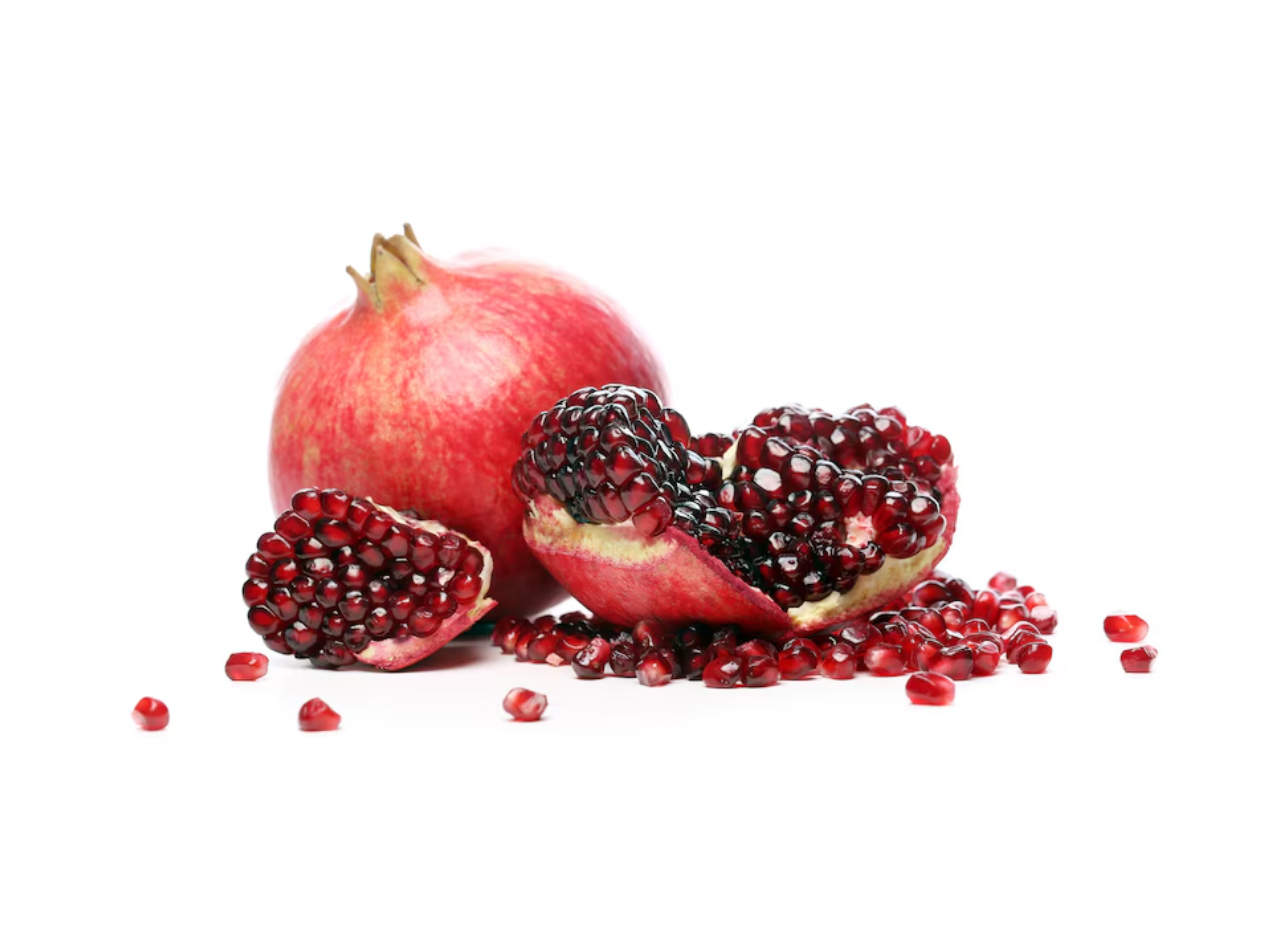The terms cantaloupe and muskmelon are used somewhat interchangeably. What is generally called cantaloupe in the west is really a muskmelon, characterized by a webbed surface. Cantaloupes have a smooth and lumpy skin with deep ridges. Cantaloupes were cultivated in the Nile valley in 2000BC.
Cantaloupes have significant amounts of Vitamins A and C, are a good source of potassium, and contain small amounts of many other minerals. The rind is rich in nutrients so the whole melon may be juiced. In places with a suitable climate, cantaloupes may be grown all year long. However, extra care must be taken for winter varieties as they are particularly susceptible to disease.
Cantaloupes have a sweet fragrance when they are ripe and the blossom end of the fruit should yield to moderate pressure. When you are selecting a melon, avoid those with a stem. They have been picked too early. Store un-ripened cantaloupes in a place out of the sunlight until they are ripe. Then, they may be stored it the refrigerator. Cantaloupes are rich in nutrients that fight disease, including cancer. They should be a welcome and frequent visitor to your table.






